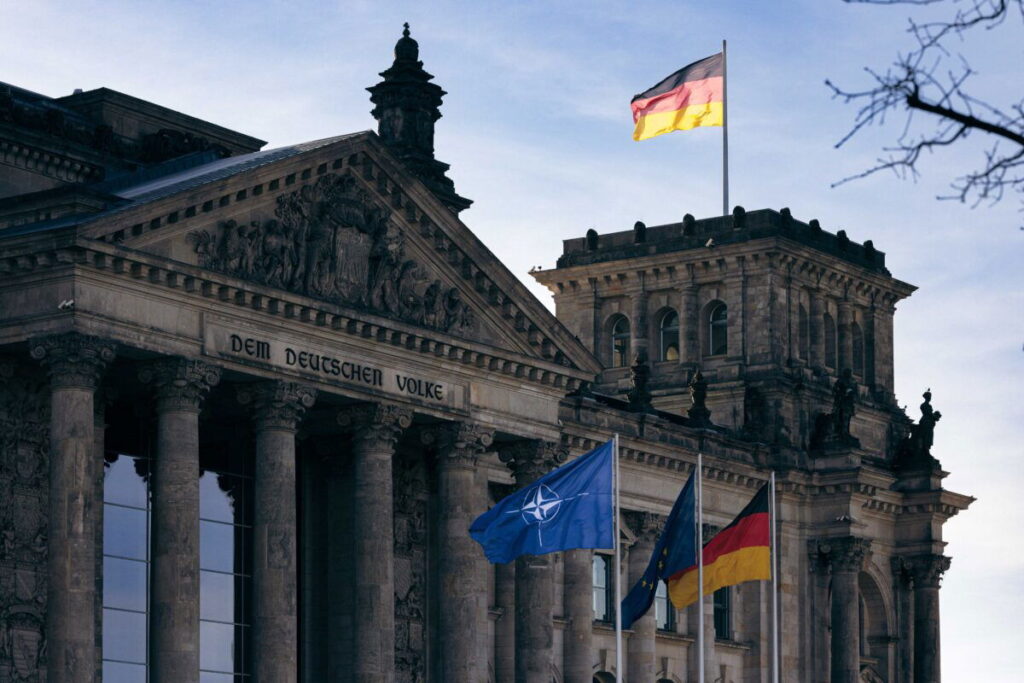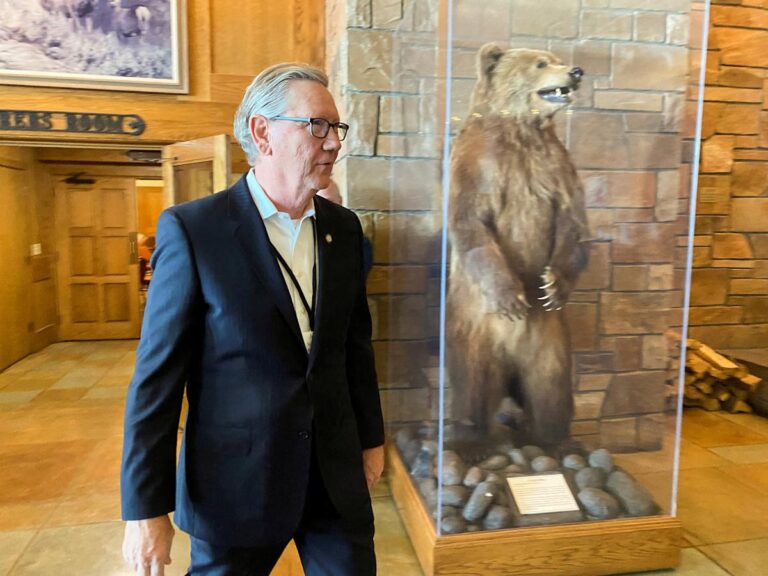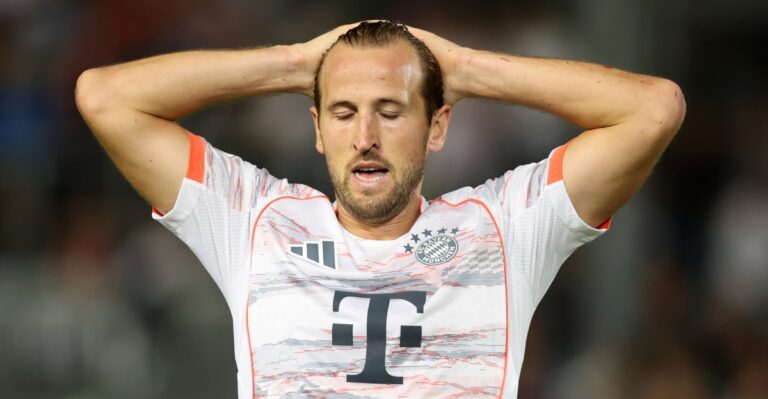
Germany’s commemoration of the end of the Second World War on 8 May in the Bundestag (the federal parliament) will go ahead without the ambassadors of Russia and Belarus.
This decision was made after the parliament took into account the federal government’s concerns about the risk of the event being “politically exploited” by Moscow.
The Bundestag press office confirmed that the decision not to invite the ambassadors of the Russian Federation and Belarus followed the government’s advice on which representatives to include. The upcoming ceremony marks 80 years since the end of the war and aims to encourage public reflection on a day described by the Bundestag as one of “liberation from Nazi tyranny.”
That date, 8 May, is inseparably linked to the rise of Hitler’s brutal dictatorship in 1933 and the start of the war in 1939, a conflict launched by Germany and in its name, which caused millions of deaths. The exclusion of Russia and Belarus—both part of the former Soviet Union and key players in defeating Nazi Germany—comes after Germany’s Foreign Office warned of a high risk that Russia could misuse the occasion to justify its ongoing war against Ukraine.
“This year is especially significant as we mark 80 years since the end of the Second World War,” said Christian Wagner, spokesperson for the Foreign Ministry. “But it’s even more important to ensure that the commemoration isn’t misused—and we’re concerned Russia might try to twist it to support its war of aggression against Ukraine,” he added.
A vital rol
The Soviet Union played a vital role in freeing Europe from Nazi rule during the Second World War, particularly on the Eastern Front. After resisting the German invasion that began in 1941 with Operation Barbarossa, the Red Army held back the Nazis in key battles, especially at Moscow and, most famously, Stalingrad (1942–1943), which turned the tide of the war. That victory kicked off a relentless Soviet advance that drove German forces back across Eastern Europe.
The campaign ended with the Battle of Berlin in spring 1945, when the Red Army took the German capital and forced the Nazis to surrender unconditionally on 8 May. Although Soviet troops were essential in defeating Hitler, their presence also marked the beginning of a new era of political control across much of Eastern Europe, with many countries falling under Soviet influence during the Cold War. The USSR’s role was therefore pivotal not only in winning the war but also in shaping the post-war world.
But this victory came at a staggering human cost. More than 26 million Soviet citizens—both soldiers and civilians—are believed to have died during the conflict.
That’s more than any other country involved in the war, and it reflects the unimaginable scale of suffering on the Eastern Front, where some of the deadliest battles in history took place. On top of the deaths, millions were injured, displaced, or traumatised, leaving a lasting scar on Soviet society for generations.






